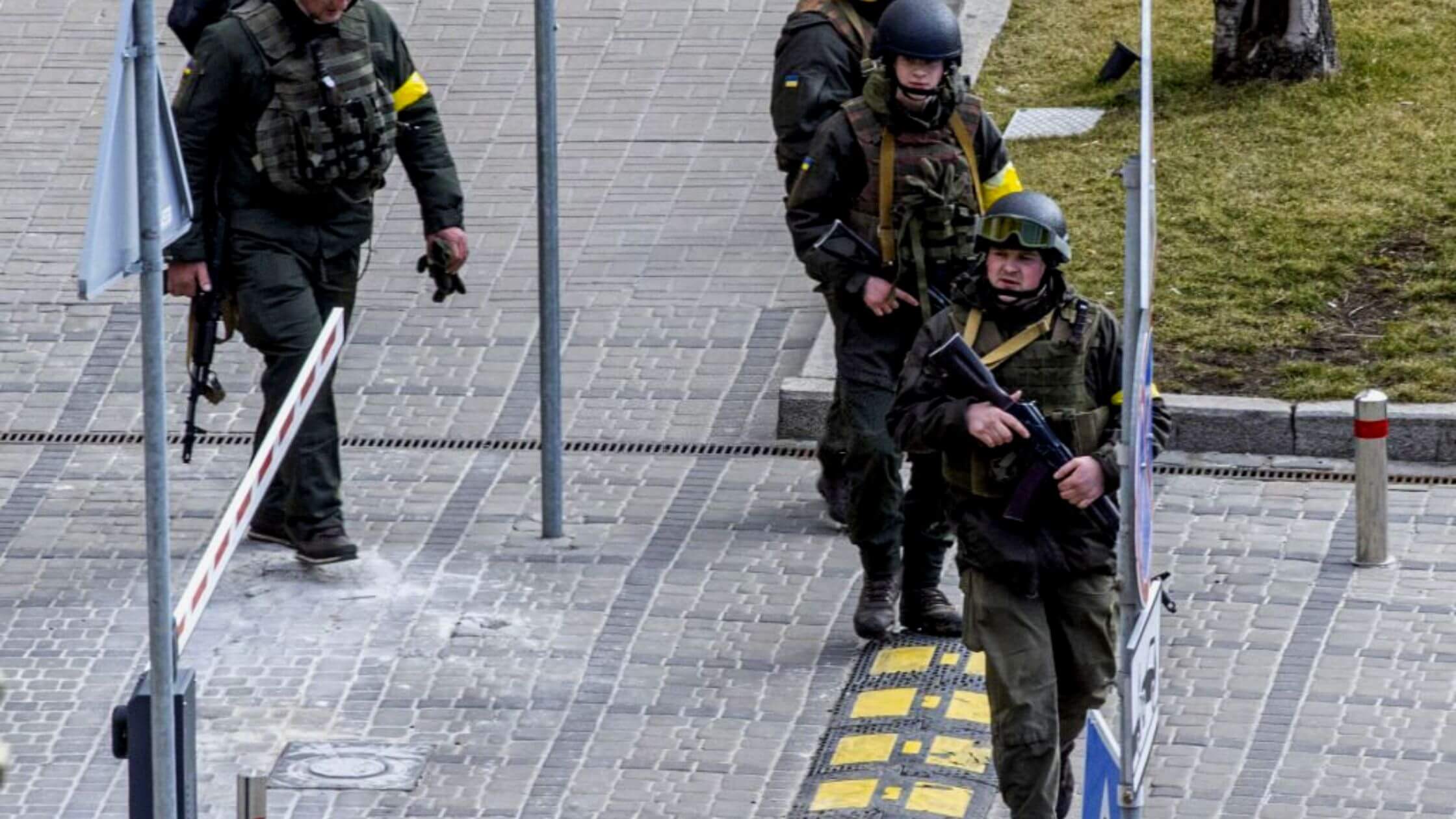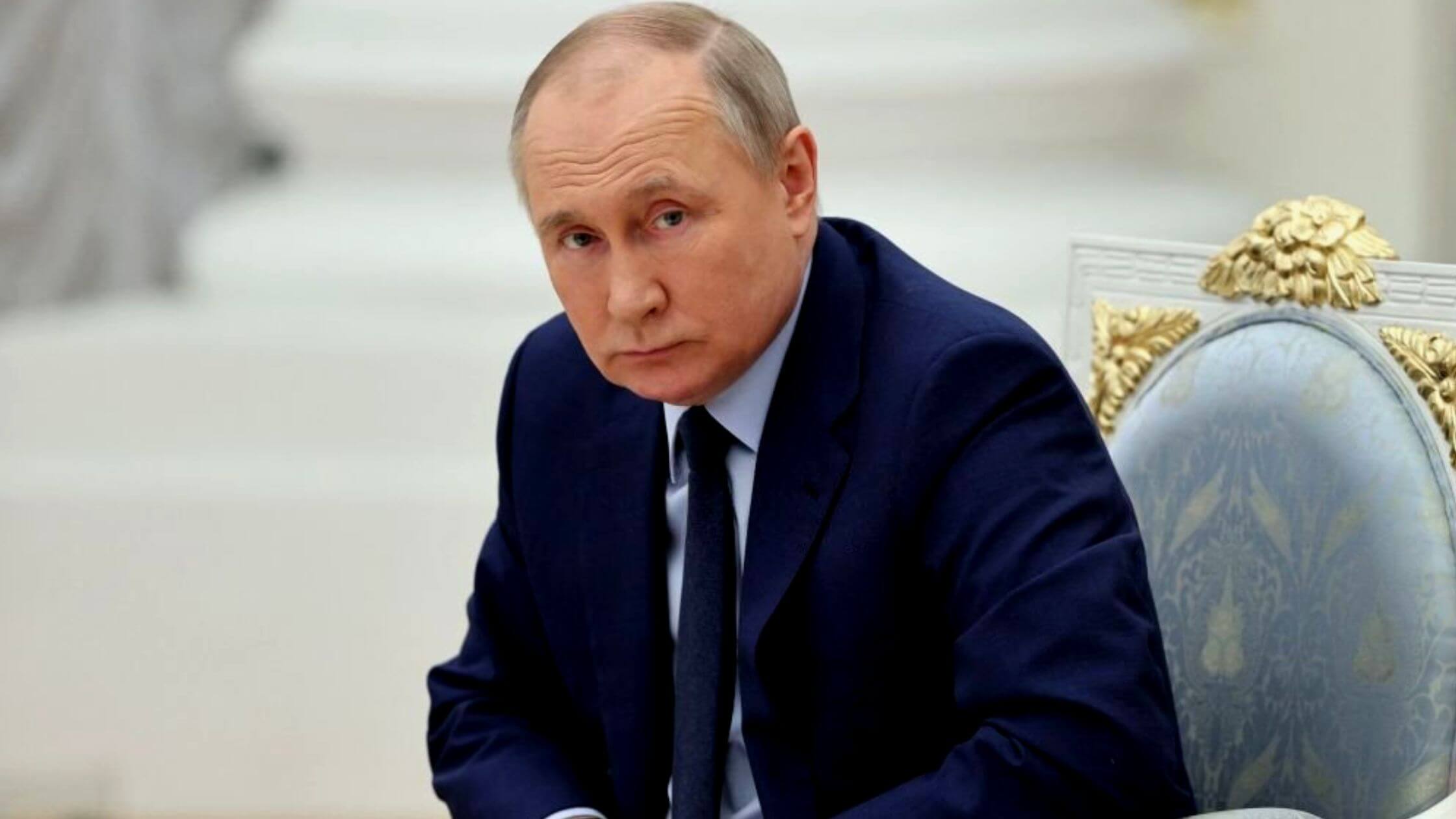The Jerusalem Post reports that Brigade 155 of the Russian Marines (of the Russian Pacific Fleet) wrote in a letter to their high command that attacks that they deemed “incomprehensible” were taking place where they were stationed. That is, in the Donetsk.
As opposed to the regular troops, militia, and other conscripted troops, the Marines, like the Spetznatz, are special forces who generally have far more selective conscription processes, much better training, and equipment, and are generally if not always supplied and resupplied first.
Often these troops are symbolized by their higher aggression, readiness, fearlessness, tactics, motivation, morale, and victory percentage in attack and defense when compared to regular and novice troops.
Russian Government Officials Fearing Losses
The soldiers in the Brigade go on to mention that the head of their overall military district, General Muradov, and his relative General Akhmedov have issued orders to attack where they are stationed in Donetsk.

These attacks cost the special forces Brigade 300 men killed, wounded, deserted, and/or missing in action, along with a loss of 50% of their equipment. Such serious casualties and material losses in a highly trained and skilled group of troops do not bode well for the Russian military.
Their complaint was sent to the governor of the Far-Eastern region, Primorskye Krai (the Federal Subject where Vladivostok is).
This letter received by the governor signified the need on behalf of the head of the Eastern Military District (the one through which the war in Ukraine is being conducted) to earn glory for himself and his brother – in – law, in the eyes of the Chief of the Russian General Staff, General Gerasimov.
This letter was published in the Russian Military blog under the name “Gray Zone”.
Kozhemyako, to whom the letter was addressed acknowledged some setbacks and losses but said that the losses reported by the troops do not match the official losses (the soldiers did say that their Regional High Command was obfuscating the figures) reported which only registered 1-7% of loss in the fighting forces strength.
Although the letter stated no gains were made, the Kremlin stated that an advance of 5 kilometers into Ukrainian defenses was made.
The Russian government feels the urgent need to control the flow of information to its citizens so that support remains high, however, the call-up of 300,000 reservists
did not go well with the citizens of Russia (Russian citizens generally are highly motivated to fight a defensive war but are very reticent when it comes to fighting offensive wars, there have been exceptions, the Russian Civil War for one, although there much ideology and force was used to achieve the objectives). And Russians then were fighting for different parts of their own country as each faction saw it.
Here, while the Russian offensive got off to an early successful start, low air support, an inflexible and insufficiently manned logistical supply designed more for defense than offense (more train focus, less truck focus), poor command and communication implementation, commanders favoring a blitzkrieg of a slow methodical advance (which is better suited for the Russian army), a top-heavy military, lack of NCOs, massive western help with materiel and tactics and economic support, low morale, dogged determination on the part of the Ukrainians, rotting food supplies for the Russians, and many other factors lead to the initial advance slowed, stopped and reversed, attacking with fewer troops than needed, etc. all lead to the dysfunction present in the Russian Armed Forces, however it must be noted that any positive information about the Russian offensive is suppressed or not reported, while any negative info is overemphasized, while the opposite is true for Ukraine, so it may be that Ukrainian weaknesses and Russian strengths are masked.
While Russia still enjoys a larger manpower, industrial and economic base, more weapons and systems, this advantage may prove useful in the end, but the attritional nature of warfare will eventually weaken both countries, although it’s likely that Ukraine could fight Russia to a standstill if they don’t win.

